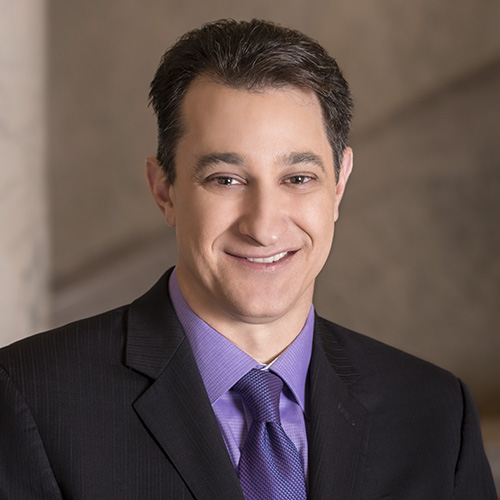Public schools should be held accountable for failure. Instead, Idaho lawmakers are considering a bill that would reward schools and their employees for underperformance. It’s all part of the so-called School Turnaround Act, which passed the Senate 22-11 a month ago and is headed to the House floor for a vote.
The measure is supposed to mirror model legislation from the center-right American Legislative Exchange Council (ALEC), but the model bill is a stinker, and Idaho’s version, Senate Bill 1029, is an ugly rendition that amplifies the model’s worst features.

Both proposals target the lowest performing schools in the state, labeling them “schools in need of intervention” or SNI. (None dare call a failing school what it is.) Under the legislation, the school board of an SNI would decide whether to participate in the state’s SNI program. If it does, the school board would impanel a committee to work with a professional trained in the art of turning a school around. Under the ALEC model proposal, the school turnaround expert is entitled to half his payment upfront, with the remainder contingent on results. Idaho’s version of the legislation sets the upfront obligation at 75 percent. The ALEC proposal pinned contract costs at around $500,000, and Idaho is planning to spend $1 million or more on the execution of the program.
A school’s participation in the turnaround program could trigger the release of award money from the state, the bill says, “which may include providing bonuses to school employees.” This poses an obvious problem: The bill would award incentives to failing schools that are otherwise not available to the best schools and their teachers.
Equally bothersome is the fact that the legislation gives a struggling school a year to develop a turnaround plan and two years to execute it. Under the ALEC plan, a school might be granted a two-year extension to continue the program if it is at least halfway to its turnaround goals. The Idaho proposal contains no such requirement; if the school is still below par after two years, the school could get a two-year extension, even if it hasn’t made any headway. All of this means, for example, that a high school freshman entering a failing school will have graduated and be in college or the workforce for a year before the school turnaround plan has run its course, and the school could benefit from financial rewards even if it remains stuck in neutral.
The Idaho legislation sheepishly says that after five years of failing, a school that continues to languish would be referred to the State Board of Education for “recommendations on further action regarding the SNI, including options to increase or reduce funds and resources allocated to the school.”
This is another way government schools differ from the real world. In the real world, businesses that perform badly face the threat of closure. It’s the reason folks lose their jobs if they don’t produce results. It is a significant motivator for doing one’s job well. Those who don’t improve, or adapt to new conditions, go away because customers take their business elsewhere. Motivation hits owners, management, and rank-and-file employees alike.
Similarly, public schools that fail should be exposed to the same market forces. Great employees should be compensated for great work. Bad employees should lose their jobs. Customers should be free to shop for services, meaning the state government should make it easier for parents and their kids to attend the school that best fits their needs, instead of continuously having to pay for an education that doesn’t meet performance standards for five years—a substantial portion of a child’s education. Doing so would do more to improve schools, and it would do so faster than an ill-conceived plan to reward failure.
